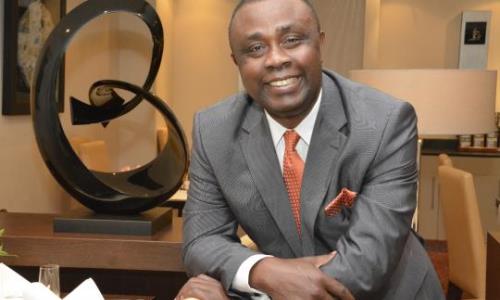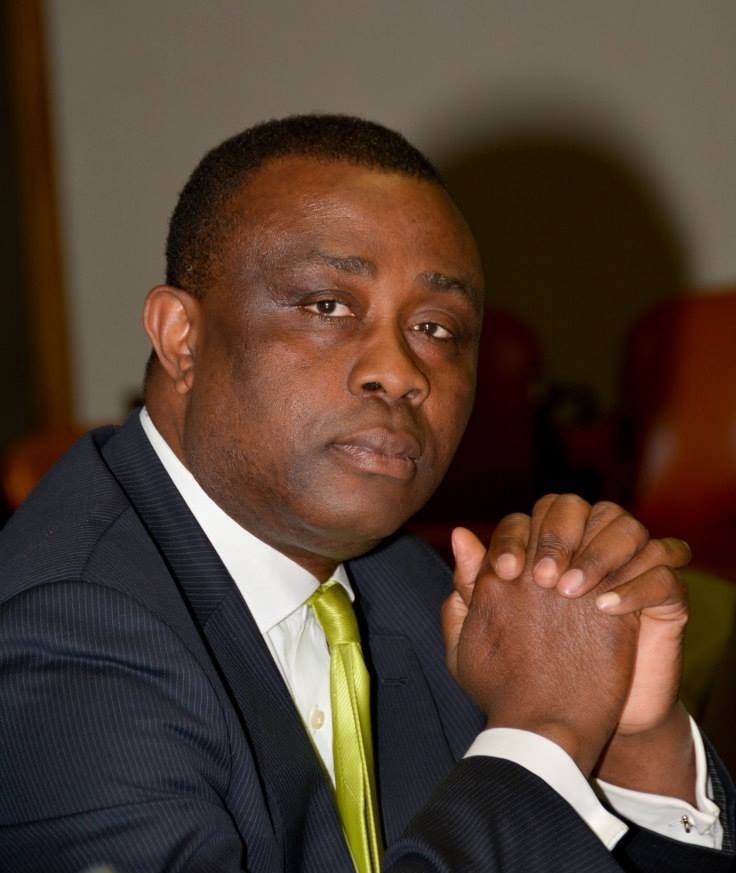When the former President Olusegun Obasanjo announced that Nigeria would be amongst the top 20 Economies by the year 2020, many may have received the news with much enthusiasm perhaps with a mindset that saw ten years further away than can be imagined. Irrespective of the reactions of Nigerians to the announcement then, time indeed has proven to be a key factor in the reality of the dream statement.

The Vision 2020 goals are not isolated from the Millennium Developmental goals which are eight measurable goals with targets and clear deadlines for improving the lives of the world’s poorest people. To meet these goals and eradicate poverty, leaders of 189 countries had signed the historic millennium declaration at the United Nations Millennium Summit in 2000.
At that time, eight goals that range from providing universal primary education to avoiding child and maternal mortality were set with a target achievement date of 2015.
The Vision 2020 goals focus on the need to make efficient use of human and natural resources in order to achieve rapid economic growth; and to translate the economic growth into equitable social development for Nigerians.

The strategies through which these goals were to be achieved include the need to address the major constraints to Nigeria’s growth and competitiveness which include epileptic power supply, weak infrastructure and institutions. With barely one year to go, much is yet to be accomplished in the pursuit of these objectives.
Global Affairs Analyst Collins Nweke describes the Vision 2020 plan as one that was fraught with a lot of challenges from inception. According to him, what became of Nigeria’s Vision 2020 just like many other laudable strategic initiatives which were envisaged to reposition the country for global competitiveness, is simply a case of good initiatives getting truncated even before they are actualized.
While speaking to 101 Business in a telephone interview, Nweke describes Abuja as ”a graveyard of buried national dreams”’.

Nweke who is a Belgian politician of the Green Party, has served as chief executive and chairman of Nigerians in Diaspora in Europe (NIDO Europe), and has been active in consultancy and advocacy in the field of socio-economic development for Nigeria and for Africa in general. He was a member of the Presidential Strategic Planning Committee on Nigeria Vision 2020.
He explained that during his time as member of the presidential National Steering Committee on Vision 2020, a review of all existing national strategy and related documents including the Seven Point Agenda and NEEDS had formed the core of strategic plans for achieving these goals.

According to him, at the end of that journey they arrived at a Statement of National Priority that was meant to form the core elements of the country’s developmental agenda with corresponding budgets.
‘’In the Statement of National Priorities, we set specific targets to be achieved by 2010 while also refining the V2020 framework. My sense was that the Steering Committee was overwhelmingly populated by political jobbers and a sizable number of tired clueless old men whose only interest was monetary.
But we had a purposeful agenda and the very few who were there because they knew what strategy development was all about, did manage to eventually develop guidelines for the V2020 development process. I am not entirely sure what happened, but my strong suspicion was that the set up of National Technical Working Groups, one in each of the key areas of national priority got bugged down in politics under President Goodluck Jonathan, whose priorities were either different or simply cared less’’.

Nweke states the plan to make Nigeria one of the 20 largest economies in the world by 2020 is possible only if the Country makes a 360 degree turn of what it has become today.
‘’It pains me to the core when I look around me in Nigeria and what I see is a pool of brilliant young men and women whose country has failed them. Yet my generation and those before us have the audacity to expect young Nigerians to be epitome of decency, decorum and success. What tools have we given them to have such noble expectations from them? Serving in the National Steering Committee of Nigeria Vision2020 was one of those avenues I thought would help me contribute in charting a new course for my fatherland, but failure of leadership would not let it come to pass’’.

Nigeria’s Vision 20:2020 economic transformation goals had been articulated by the then Government as a long term plan for stimulating the Country’s economic growth and rapid socio-economic development. However, Economy Analysts describe the prospects of realizing such goals as one that is far fetched as the question of infrastructure and similar developmental issues is one that may remain unanswered in years to come.















